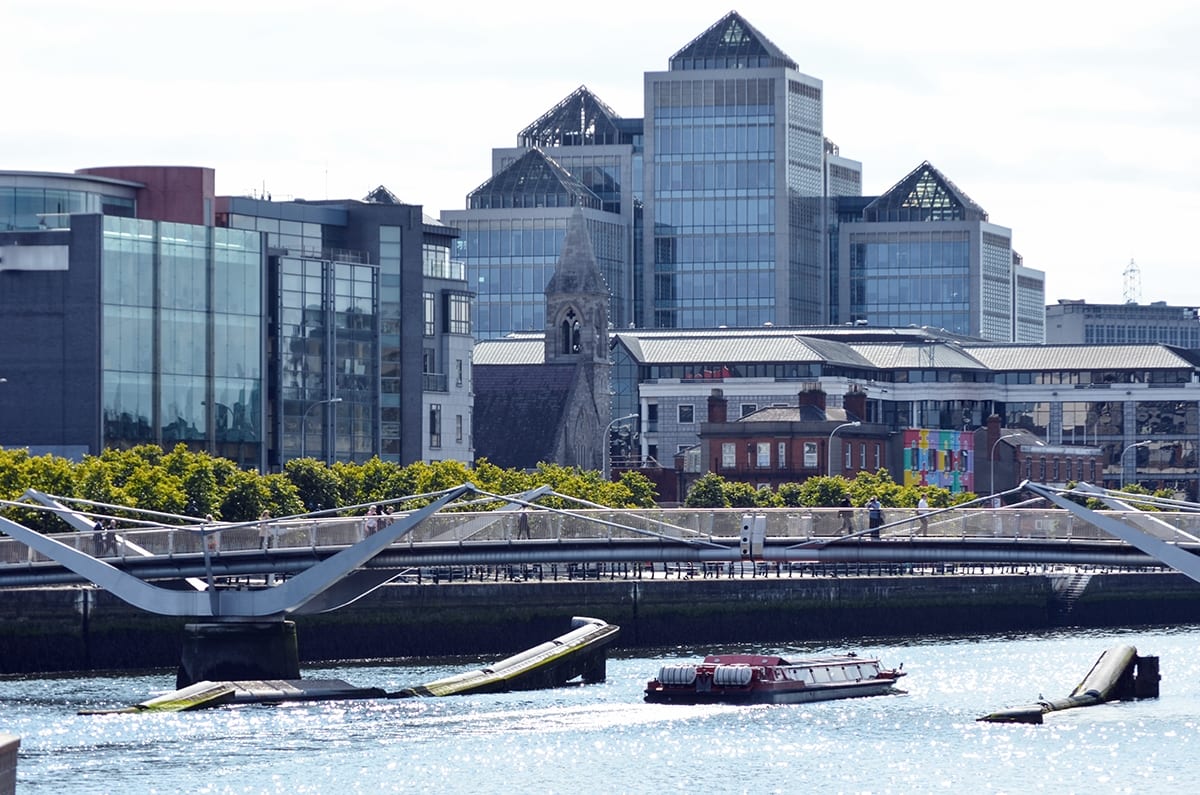Commenting on HSBC’s 2016 Trade Confidence Survey, CEO of HSBC Ireland, Alan Duffy, says that Irish businesses remain optimistic about trade prospects but have more confidence in the local than the global outlook.
It is a measure of how far we have come as an economy that HSBC’s 2016 Trade Confidence Survey of 24 global markets saw Ireland at the top end of the rankings for positivity around its local economic outlook.
We have all seen that the combination of wage restraint during the crisis years and the exchange rate effects of the ECB’s programme of Quantitative Easing have both provided a lift to Irish competitiveness.
Whilst the outlook was inevitably moderate as the value of the euro eventually normalised, an economic recovery in advanced economies across the world likely helped sustain a robust performance for Ireland’s export sector. In particular, Irish exporters are well positioned to benefit from solid performances by the UK and US.
Longer term, Irish exports will benefit from growing levels of disposable income in emerging markets, and China will likely become one of our top export destinations in decades to come. In the near term, the advanced economies of Western Europe and the United States continue to be our biggest sources of export demand. As such, Ireland is relatively well placed to withstand any headwinds coming from a slowdown in emerging markets.
Despite these positives, overall exporter optimism had actually eased somewhat in Ireland. This was reflective of reduced optimism in the performance of the global economy. Irish companies expected the global economy to worsen slightly during that period. This slip in confidence levels reflected the deterioration in the global trade environment. World trade growth had slowed sharply that year, with import volumes in leading emerging markets, such as China, Russia and Brazil, weakening significantly.
However, the recent downturn appeared more cyclical than structural in nature. As many of these economies benefit from strong economic fundamentals, they are likely to be an important driver of global economic growth and trade over the medium term.
Perhaps aligned to such caution over the global economy, currency and commodity price volatility had emerged as the top financial risks anticipated by Irish companies. With this in mind, many were looking at strategies to overcome these risks such as negotiating better terms with trade partners and internal cost cutting.
Across Europe, stronger competition is the single most dominant challenge for businesses trading internationally. In line with rising cost pressures and anecdotal reports that companies are reaching the limit on the amount of cost increases they are able to swallow before passing them onto consumers, the emergence of competitors who compete solely on price is outlined as the biggest challenge, with the majority of Irish firms also highlighting it as their main worry.
With such competition becoming a concern, differentiation becomes increasingly important. That is why many Irish corporates are focusing on improving customer satisfaction and employee skill sets as their main objectives for the next six months.



